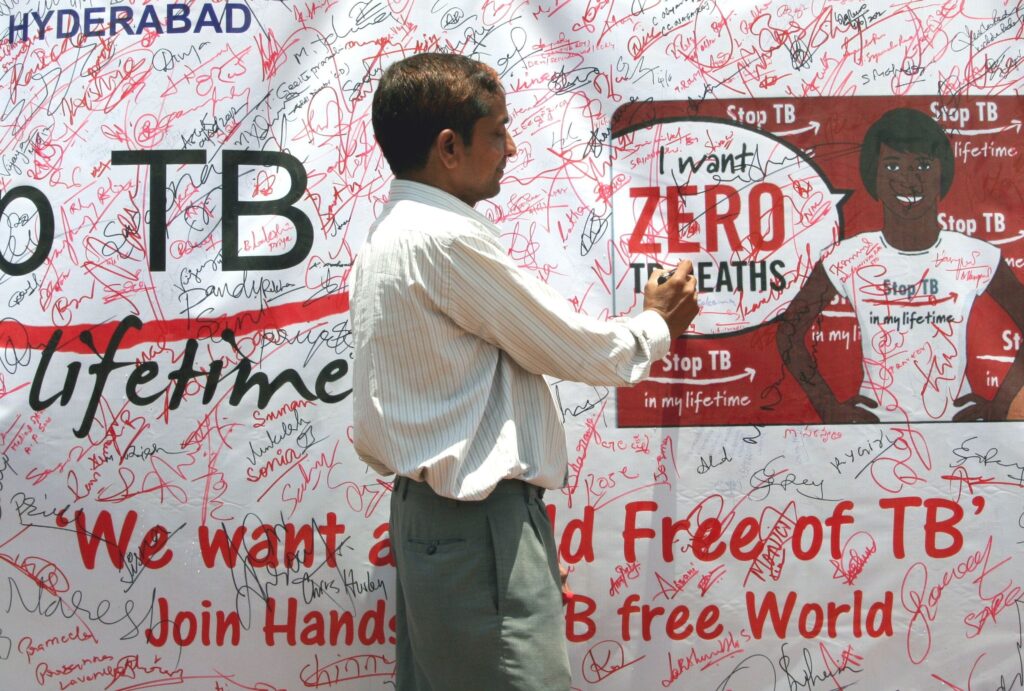
In Pune, there are 6,771 registered healthcare facilities. A mere 38 of them report cases of tuberculosis (TB).
The health department of the Pune Municipal Corporation (PMC) reported the shocking finding in its latest report, covering hospitals, private establishments, healthcare clinics, chemists, nursing homes, and diagnostic centres according to The Times of India (ToI). This is despite a Union Ministry of Health and Family Welfare notification dated May 7th, 2012 making TB a notifiable disease, mandating all cases be reported to the relevant health authorities.
The private sector, in particular, needs to step up vigilance to ensure more cases are reported. “More than sixty percent of patients in the city approach private doctors, hospitals, and clinics for treatment,” the ToI quoted Vaishali Jadav, the PMC’s assistant medical officer of health. “Unless they are not active enough to notify the cases, it is not possible to understand the disease burden and initiate appropriate interventions.”
Jadhav noted that private sector facilities notify the most TB cases in the city, reporting 2,685 of 6,171 recorded cases in 2018. Given the low number of facilities reporting, however, Jadhav asserted that “one can gauge the true magnitude of the disease burden when the rest of the non-reporting healthcare establishments in the city take up the work of reporting every TB case to the local health units.”
The Indian Medical Association (IMA) has disputed the claims of the PMC. According to Dr Sanjay Patil, president of the IMA’s Pune chapter, “most private doctors and medical establishments, instead of notifying the cases to the PMC, prefer to report the instances to the Union government’s centralised online portal Nikshay.” Dr Patil went on to affirm the commitment of the IMA to work with authorities towards the elimination of TB.
The Modi government intends to eliminate TB by 2025. India has missed similar deadlines to accomplish the same in 2017, 2015, and 2010. Underreporting of TB cases poses an impediment to realising this objective.
TB is the most common infectious condition in India, which accounts for a plurality of cases worldwide. In 2017, 27 percent of new TB infections came from India. China ranked second, responsible for nine percent of new infections. More TB deaths occur in India than in any other country.
Underreporting is a major problem. The World Health Organization (WHO) reported last year that, of the ten million people who developed TB in 2017, 3.6 million were undiagnosed or their cases went unreported to the appropriate bodies. India, it said, accounted for a significant proportion of this gap. Together with Indonesia and Nigeria, the country was responsible for eighty percent of underreported TB cases.
To counter this, it is imperative that healthcare providers and facilities cooperate with the health authorities and avoid underreporting, especially at a time when drug resistance is on the rise, making tackling the disease harder. Otherwise, the TB burden in India cannot be properly appraised – and the government’s response will be dogged by shortcomings as a result.

